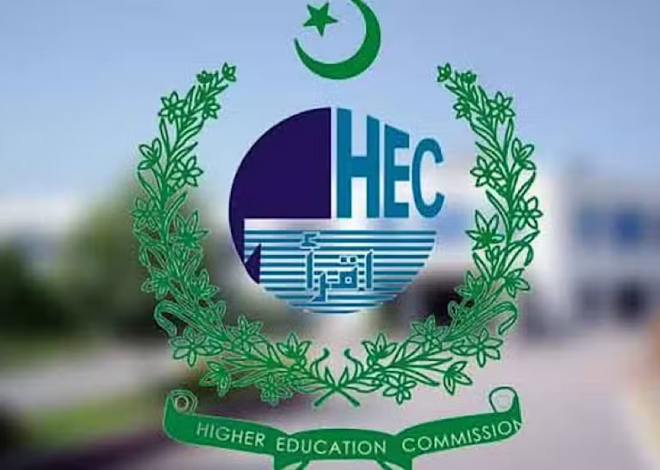
Bill Passed for Ban on Social Media for Children Below 16 Across Pakistan
In a bold move that’s drawing both applause and concern, Pakistan is pushing ahead with legislation that could significantly change the way young people access the internet. The newly proposed Social Media (Age Restriction for Users) Bill 2025 seeks to implement a ban on social media for children under 16, a measure that has triggered widespread debate around parenting, tech regulation, and teen autonomy.
The ban on social media for children would legally prevent anyone below the age of 16 from creating or using accounts on platforms such as Facebook, Instagram, TikTok, and X. Senators Sarmad Ali and Masroor Ahmed tabled the bill in the upper house on Monday, positioning it as a “digital shield” to protect minors from cyberbullying, exploitation, and age-inappropriate content. If passed, the law will not only set strict usage boundaries but also punish those who help minors circumvent them.
Tech companies on notice as Pakistan to implement ban on social media for children below 16
The bill assigns regulatory power to the Pakistan Telecommunication Authority (PTA), which will be tasked with wiping existing underage accounts and drafting enforcement guidelines. Social media companies could be fined up to Rs5 million if found allowing access to underage users, while individuals who assist minors could face jail time. The ban on social media for children isn’t just a symbolic gesture; it’s backed by real penalties and national enforcement muscle.
Much like recent efforts in Australia and New Zealand, where similar legislation passed in 2024 and early 2025, Pakistan’s bill reflects growing global urgency to address the mental health toll of unrestricted digital access. Senator Sarmad Ali emphasised that this isn’t about censorship, it’s about reclaiming safe spaces for children, both online and offline.
If passed, this law could reshape conversations around digital parenting in South Asia and potentially pave the way for stricter online age verification tools. Advocates argue the bill supports children’s mental wellbeing in a hyper-connected world, while critics warn of overreach and the possibility of pushing young users to unregulated platforms.
Also, see:
ISPR Summer Internship Program 2025 Engages Youth Nationwide







